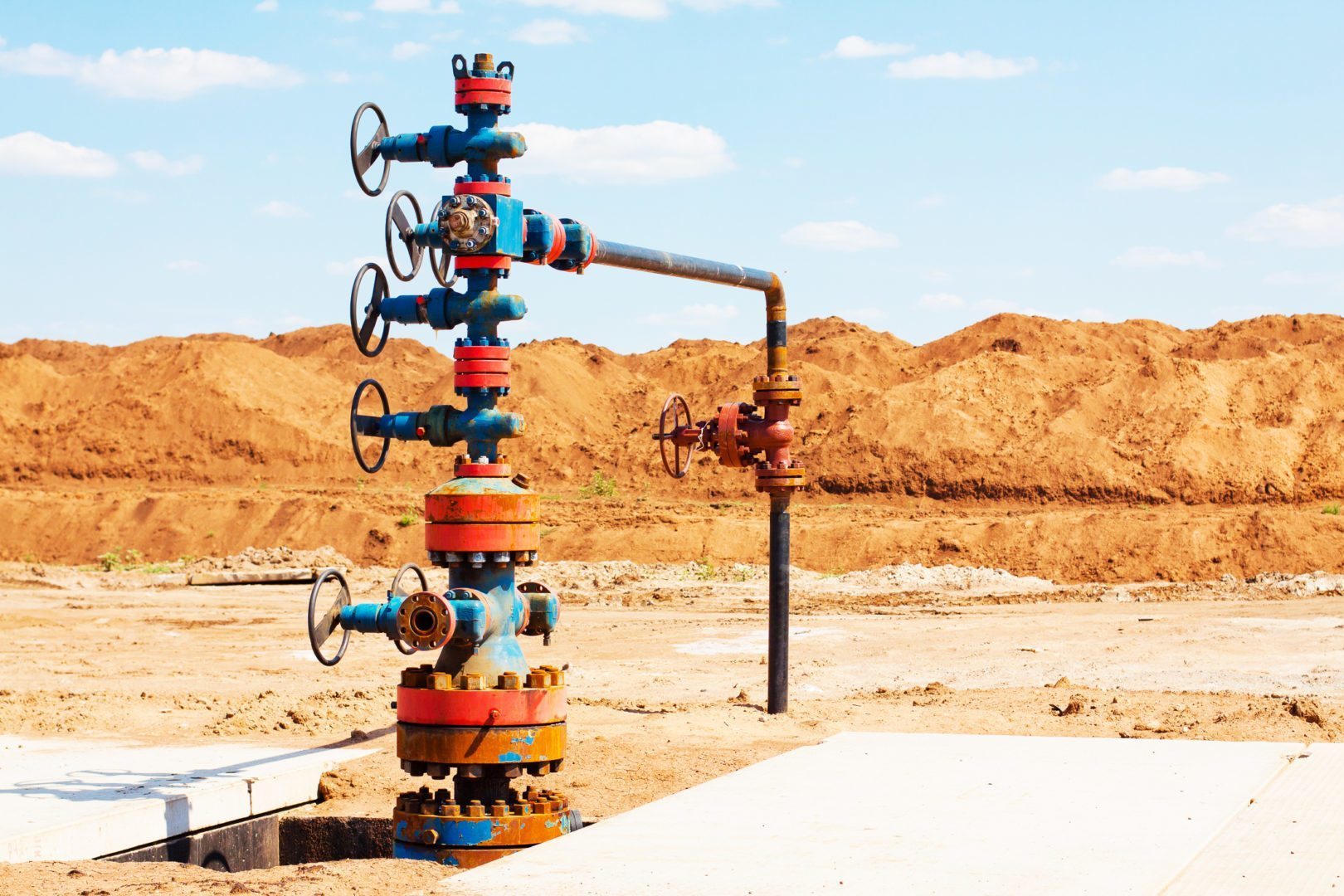

ExxonMobil’s ongoing activities in Kurdistan were a key sticking point in negotiations about the Common Seawater Supply Project (CSSP), before the US oil and gas company decided to abandon the project, according to industry sources.
“Baghdad forced Exxon to walk away,” said one source close to the negotiations. “It wasn’t happy about ongoing activities in Kurdistan.”
Baghdad has a history of blacklisting companies that are active in Iraqi Kurdistan during times of heightened tensions. In August 2016 the state oil marketing company SOMO blacklisted three tankers involved in shipping crude from Kurdistan.
In 2012 Baghdad barred the US oil company Chevron from bidding for Iraq government contracts after it bought into Kurdistan's oil sector.
ExxonMobil declined to talk about the CSSP negotiations. Spokesperson Suann Guthrie said: “We do not comment on commercial discussions.”
Exxon operates in the autonomous region of the Iraqi Kurdistan through its affiliate ExxonMobil Kurdistan Region of Iraq Limited (Emkril). In October 2011, they signed six Production Sharing Contracts (PSCs) covering more than 848,000 acres in the Kurdistan Region of Iraq. But in 2016 it pulled out of three of these blocks.
Exxon Mobil had been in discussion with Iraq over partnering on CSSP for more than two years. In October 2017, it was reported that the two parties were close to a final agreement on the project, but talks broke down in April 2018.
State-owned BOC is the project client and US-based CH2M is project management consultant (PMC) on the CSSP.
After the departure of Exxon, the project has continued as contractors have agreed that they will provide financing.
The project will provide operators with water to inject into oil reservoirs to increase pressure and boost recovery. It will also free up freshwater for the local population.
Under the original plans, the CSSP was due to have a budget of $13bn and the capacity to deliver 12.5 million barrels a day (b/d) of seawater through 426 kilometres of pipeline, including eight interconnecting stations and 10 delivery stations.
Since then, the scale of the project has been significantly scaled back. It is now expected that the water project will have an initial capacity of only 5 million b/d.
The CSSP has suffered several setbacks since it was first conceived. Originally led by ExxonMobil, responsibility for the project was transferred to CH2M in a $170m deal in late 2012.
A front-end engineering and design (feed) study on the pipelines to transport the seawater to oil fields was carried out by Austria’s ILF Consulting Engineers. Separate feed studies were completed in 2016 by US-based Parsons.
These concerned water intake and outfall structures, a shipping channel, offloading facility, seawater treatment facility and a gas turbine power plant.
You might also like...

Iraq signs deal to develop the Akkas gas field
25 April 2024

Emaar appoints beachfront project contractor
25 April 2024

Acwa Power signs $356m Barka extension
25 April 2024

AD Ports secures Angola port concession agreement
25 April 2024
A MEED Subscription...
Subscribe or upgrade your current MEED.com package to support your strategic planning with the MENA region’s best source of business information. Proceed to our online shop below to find out more about the features in each package.




